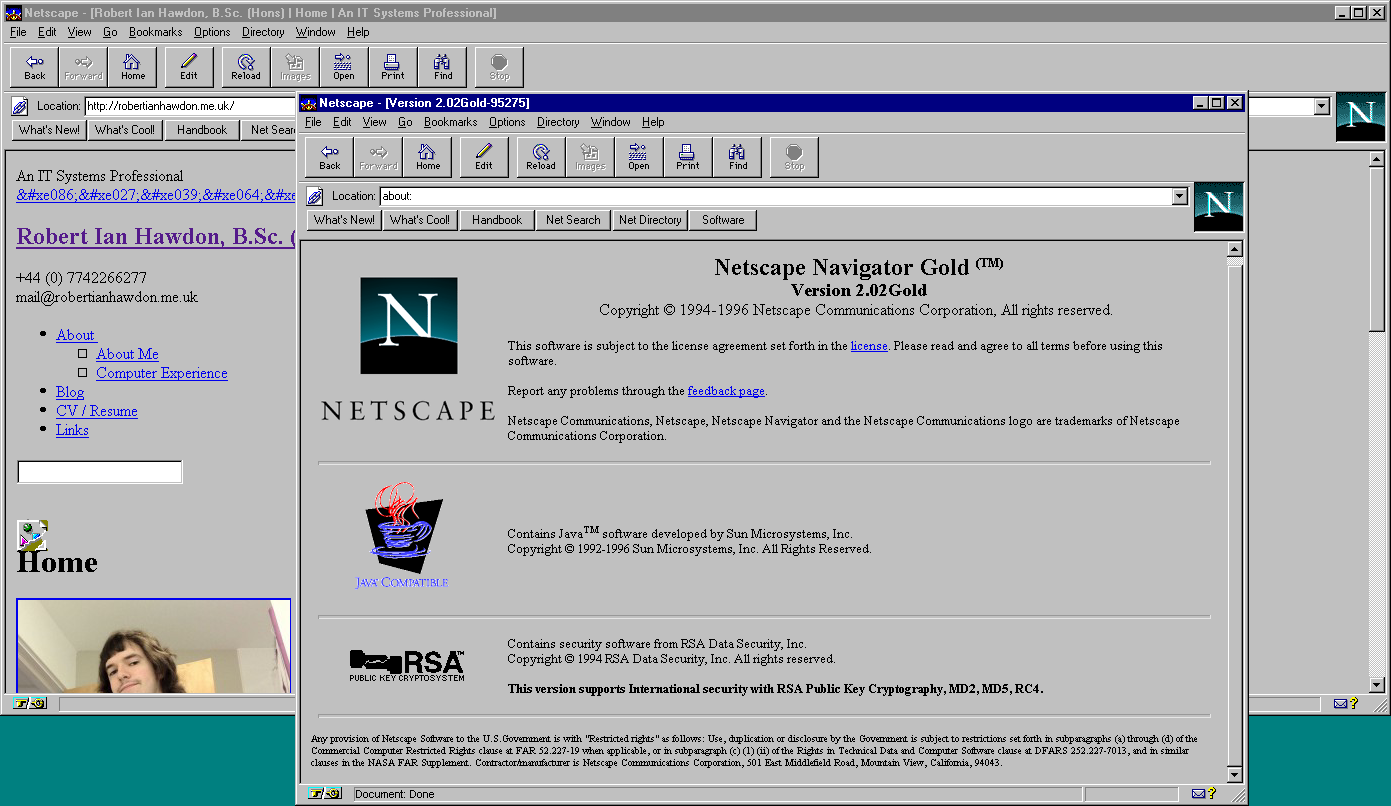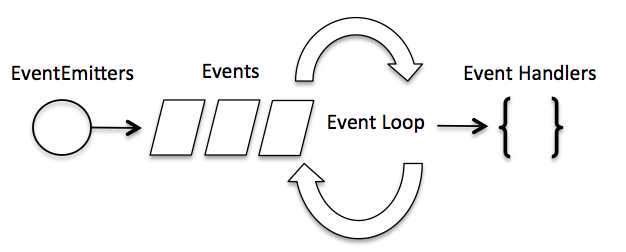Про зоны в Dart
Алексей Золотых
Разница в зоне в контексте

var SharedMap = make(map[string]string)
func changeMap(value string) {
SharedMap["test"] = value
}
func main() {
go changeMap("value1")
go changeMap("value2")
time.Sleep(time.Millisecond * 500)
fmt.Println(SharedMap["test"])
}
public class StreamSum {
static final int SUM = IntStream.range(0, 100)
.parallel()
.reduce((n, m) -> n + m).getAsInt();
public static void main(String[] args) {
System.out.println(SUM);
}
}
Паттерн Event Loop

let SharedMap = {};
const changeMap = (value) => {
return () => {
SharedMap["test"] = value
}
}
// 0 Timeout means we are making new Task in Queue for next cycle
setTimeout(changeMap("value1"), 0);
setTimeout(changeMap("value2"), 0);
setTimeout(()=>{
console.log(SharedMap["test"])
}, 500);
- Windows applications
- X Window System (Xlib event loop)
- GLib event loop (GTK)
- macOS Core Foundation run loops
Node.js
Это может быть еще и быстро
Все хорошо, но...
var server = await HttpServer.bind(InternetAddress.loopbackIPv4, 8080);
await for (var request in server) {
request.response
..write('Hello, world')
..close();
}
var server = await HttpServer.bind(InternetAddress.loopbackIPv4, 8080);
await for (var request in server) {
request.response
..write('Hello, world')
..close();
}
Напишем зоны на JS
class Context {
constructor(parentContext) {}
fork() {}
bind(fn) {}
run(fn) {}
}
Конструктор
constructor(parentContext) {
let context;
if (parentContext) {
// Создаем копию
context = Object.create(parentContext)
context.parent = parentContext;
} else {
// Возвращаем текущий контекст
context = this;
}
return context;
}
Метод fork
fork() {
// Возвращаем копию
return new Context(this);
}
Метод bind
bind(fn) {
// Получаем текущий контекст
const context = this.fork();
// Возвращаем функцию в которой уже замкнут контекст
return () => {
return context.run(() => fn.apply(this, arguments), this, arguments);
}
}
Метод run
run(fn) {
// Заменяем текущий контекст на наш
let oldContext = context;
context = this;
const result = fn.call() // Выполняем функцию в контексте
context = oldContext; // Возвращаем как было
return result; // Результат выполнения
}
context = new Context();
var bkp = window.setTimeout; // Подменяем setTimeout
context.setTimeout = (callback, time) => {
callback = context.bind(callback);
return bkp.call(
window,
callback.bind(context), time
);
};
window.setTimeout = function (){
return context.setTimeout.apply(this, arguments);
};
context.fork({}).run(() => {
context.message = 'Привет!';
setTimeout(() => {
console.log(context.message);
}, 0);
});
console.log(context.message);
context.fork({}).run(() => {
context.message = 'Привет!';
setTimeout(() => {
console.log(context.message);
}, 0);
});
console.log(context.message);
context.fork({}).run(() => {
context.message = 'Привет!';
setTimeout(() => {
console.log(context.message);
}, 0);
});
console.log(context.message);
Возможности
runZoned<Future<void>>(() async {
runApp(CrashyApp());
}, onError: (error, stackTrace) {
// Whenever an error occurs, call the `_reportError` function. This sends
// Dart errors to the dev console or Sentry depending on the environment.
_reportError(error, stackTrace);
});
Future<void> _reportError(dynamic error, dynamic stackTrace) async {
// Print the exception to the console.
print('Caught error: $error');
if (isInDebugMode) {
// Print the full stacktrace in debug mode.
print(stackTrace);
return;
} else {
// Send the Exception and Stacktrace to Sentry in Production mode.
_sentry.captureException(
exception: error,
stackTrace: stackTrace,
);
}
}
Zone.current[MyClass] = new MyClassImpl()
Zone.current[MyClass]
void main() {
test("Future.timeout() throws an error once the timeout is up", () {
fakeAsync((async) {
expect(new Completer().future.timeout(new Duration(seconds: 5)),
throwsA(new isInstanceOf()));
async.elapse(new Duration(seconds: 5));
});
});
}